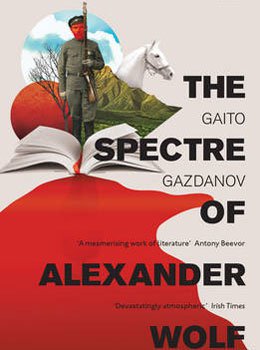Ella, a teacher in the small Finnish town of Rabbit Back, discovers that something strange is happening to the books in the local library. The apparently normal copy of Dostoevsky’s Crime and Punishment has been re-written so its protagonist is shot, not imprisoned; Aslan has killed Jadis in The Lion, The Witch and The Wardrobe, and a number of other works have been similarly altered. When challenged the librarian is evasive, yet it is with Ella’s admission to the secretive Rabbit Back Literature Society, a group of writers trained from childhood by the famous author Laura White, that the plot really thickens. What follows is less a process of Ella uncovering the truth than it is the unveiling of a succession of absences: who was the missing tenth member of the society, and what happened to him? And what has become of Laura White?
The star turn of this novel is the town of Rabbit Back itself and its bizarre yet uncomfortably believable inhabitants: lost in the snow somewhere between Angela Carter and Italo Calvino, it’s a place where the borders between reality and fiction seem disconcertingly porous. Superbly written (and admirably translated by Lola M. Rogers) and taking risks that in less skilful hands would not pay off, this exploration of the act of storytelling is as chilling as it is beguiling.
